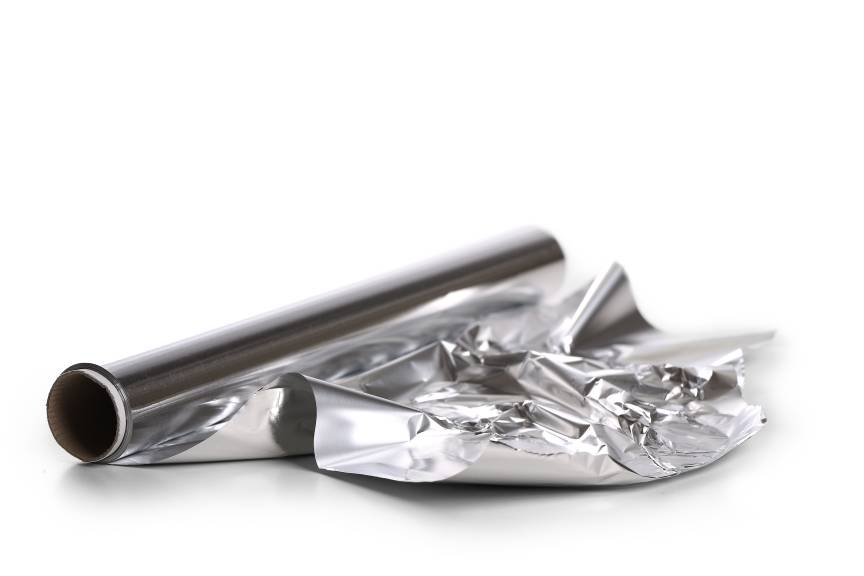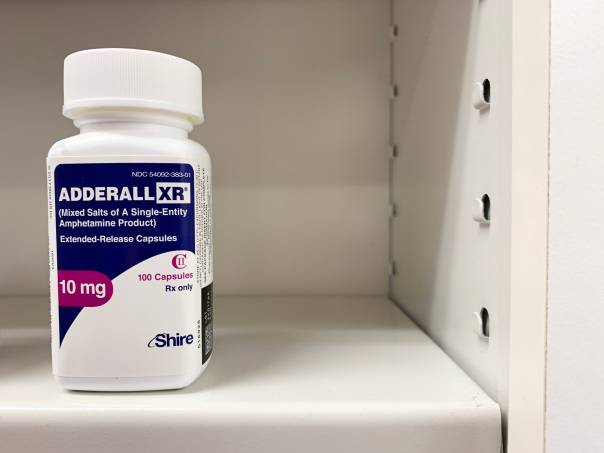Connect with a verified veterinarian in minutes. Licensed vets are available 24/7 to answer your questions. No need to worry about your furry family member.
Do you use aluminum foil? Many of us do! We use it for grilling, cleaning, lining pans, and more. It’s a very common item in most homes! But what happens if a cat eats aluminum foil? Will the aluminum make a cat sick?
Has your cat eaten aluminum foil? Are you worried the aluminum foil will make your cat sick? If so, you’ve come to the right place. We understand it can be scary when something like this happens!
We’ve put together information about aluminum foil and whether it can make a cat sick. Let’s get started!
What is Aluminum Foil?
Aluminum foil is metal sheeting that’s about 0.2mm thick. Many of us use standard foil for cooking and more. It’s also used to wrap around food to preserve it. These thin foil sheets are fragile and rip easily. The foil usually comes as one continuous sheet that’s been wound around a cardboard roll.
Aluminum foil replaced tin foil in 1910 in Switzerland! The manufacturers were founded in 1886. The metal foil has a shiny and dark side.
While aluminum foil is generally safe when used as directed by humans, what about cats? Can aluminum foil make a cat sick?
Aluminum Foil & Cats
If you come across your fur baby eating aluminum foil, it’s possible the cat will pass the foil without any problems. However, if the cats eat too much foil, it can clump up in the digestive tract and cause an intestinal blockage, which can lead to death if not treated.

Review symptoms, medications & behavior to keep your pets healthy with a Vet Online in just minutes.
Ask a Vet Live NowSymptoms of Intestinal Blockage in Cats
You may notice these symptoms if your cat has eaten foil:
- Abdominal pain & swelling
- Vomiting & diarrhea
- Lethargy
- Lack of appetite
- Drooling
Internal Bleeding
Another concern when a cat eats aluminum foil is internal bleeding. The foil’s sharp edges may puncture or cut the tissue of the digestive tract. However, this is an uncommon problem.
Symptoms of internal bleeding include
- Faster breathing
- Collapse or unconsciousness
- Hiding
- Lack of appetite
- Lethargy
- Pale mucus membranes
- Weakness
- Hiding
If your cat has any symptoms of internal bleeding or an intestinal blockage, call the vet immediately. This is an emergency.
In most cases, cats who receive prompt medical treatment for intestinal blockage or internal bleeding have a higher chance of making a full recovery.
So, if your cat has a penchant for aluminum foil, be sure to keep it out of her reach! It may be necessary to lock it in the cabinet or pantry if your cat really likes to eat foil!
Connect with a verified veterinarian in minutes. Licensed vets are available 24/7 to answer your questions. No need to worry about your furry family member.

Tom
Tom has always loved to write since he was little - he wanted to be either a writer or a veterinary doctor, but he ended up being a professional writer while most of his works are based on animals. He was born in San Francisco but later moved to Texas to continue his job as a writer. He graduated from the University of San Francisco where he studied biotechnology. He is happily married and a soon to be father!
Review symptoms, medications & behavior to keep your pets healthy with a Vet Online in just minutes.
Ask a Vet Live Now




